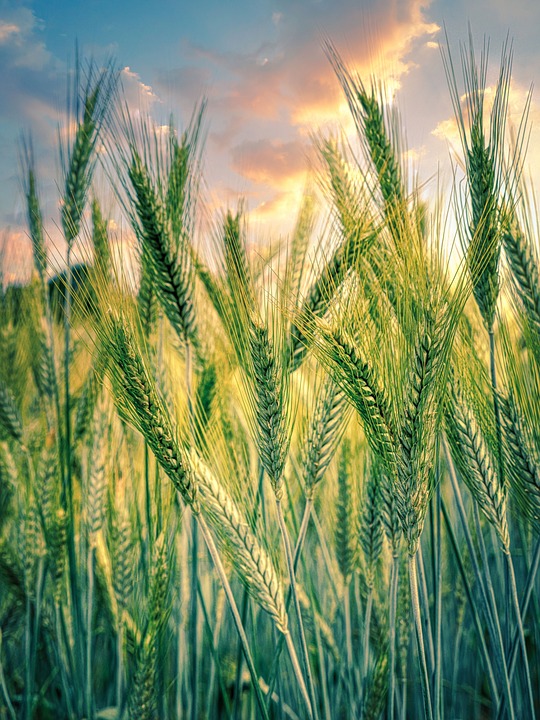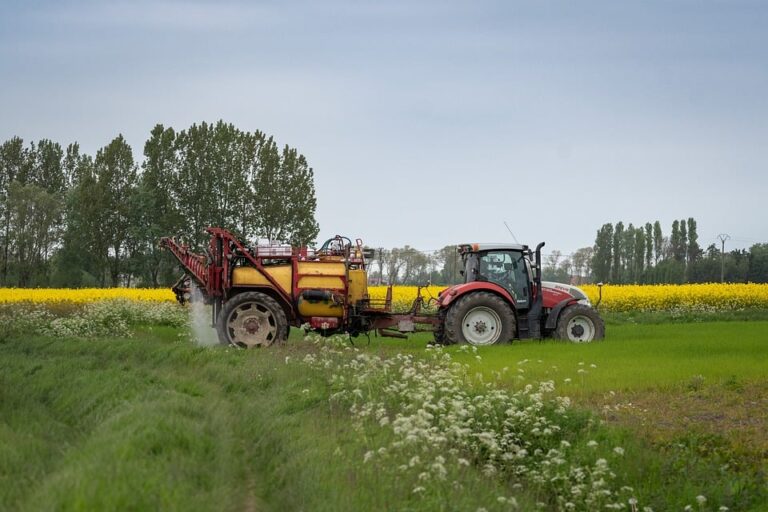Introduction
Small-scale rye farmers in Russia face numerous challenges in today’s agricultural landscape. These farmers often lack the resources and support needed to compete with larger, more established farms. However, there are opportunities for individuals and organizations to support these small-scale farmers and help them thrive in their operations. In this case study, we will explore the unique challenges faced by small-scale rye farmers in Russia and discuss potential strategies for supporting them.
Challenges Faced by Small-Scale Rye Farmers in Russia
Small-scale rye farmers in Russia often struggle to compete with larger farms that have greater resources and access to technology. These small farmers often lack the financial capital needed to invest in modern equipment and techniques, which can result in lower yields and decreased profits.
Additionally, small-scale farmers in Russia face challenges related to land ownership and access. Oftentimes, these farmers do not have secure land tenure arrangements, which can make it difficult for them to make long-term investments in their operations. This lack of security can also limit their access to credit and other financial resources.
Another challenge faced by small-scale rye farmers in Russia is the lack of infrastructure and support services in rural areas. Many small farmers do not have access to transportation, storage facilities, or markets for their products, which can make it difficult for them to sell their harvests at a fair price.
Case Study: Supporting Small-Scale Rye Farmers in Russia
In order to support small-scale rye farmers in Russia, it is important to address the various challenges they face and provide them with the resources they need to succeed in their operations. One potential strategy for supporting these farmers is to provide them with access to affordable credit and financial services.
By supporting small-scale rye farmers with access to credit, they can invest in modern equipment, techniques, and inputs that can improve their yields and increase their profits. This financial support can also help farmers secure their land tenure arrangements and make long-term investments in their operations.
Another strategy for supporting small-scale rye farmers in Russia is to improve access to infrastructure and support services in rural areas. By investing in transportation, storage facilities, and markets, small farmers can better connect with buyers and sell their products at a fair price. Additionally, providing training and extension services can help small farmers improve their agronomic practices and increase their yields.
Conclusion
Supporting small-scale rye farmers in Russia is essential for ensuring the sustainability of agriculture in the region. By addressing the challenges faced by these farmers and providing them with the resources they need to succeed, we can help them thrive in their operations and contribute to the local economy.
In this case study, we have explored some of the unique challenges faced by small-scale rye farmers in Russia and discussed potential strategies for supporting them. By providing access to affordable credit, improving infrastructure and support services, and offering training and extension services, we can help small farmers overcome these challenges and achieve success in their operations.
Together, we can work to support small-scale rye farmers in Russia and ensure a bright future for agriculture in the region. Let’s come together and support these farmers who are the backbone of our food system.





